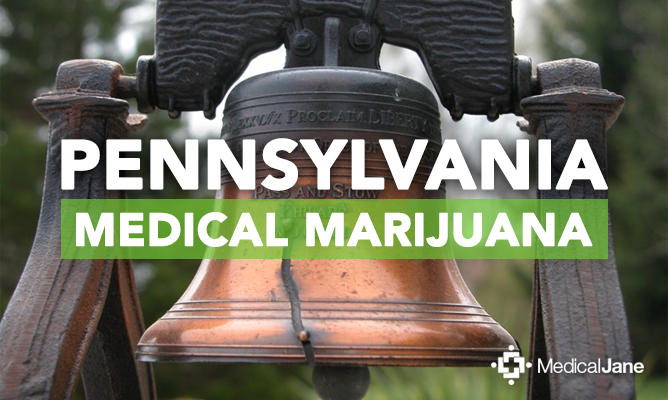On April 17, 2016, Pennsylvania Gov. Tom Wolf signed into law the Medical Marijuana Act (MMA) legalizing medical marijuana for treatment purposes in Pennsylvania. Since that time, a few clients have had questions regarding a medical marijuana prescription and the interplay with a workers compensation claim.
Here is what I can tell you. The legality surrounding the use of medical marijuana within a workers compensation claim is a relatively new issue, and will certainly be further defined by the Pennsylvania Courts. Simply put, the rules around the use of medical marijuana for a work injury are not clear at this time. It is important to note that you can’t just get a medical marijuana prescription for any medical condition because you have pain. (You can view the Act right here)
So, can you get a prescription for medical marijuana for any work injury? No. The law specifies the medical diagnoses for which marijuana can be prescribed, which can include some spinal cord tissue injuries with objective neurological indication of intractable spasticity; PTSD; neuropathies; and chronic pain. That is obviously open for legal interpretation. Most Pennsylvania workers compensation claims involved a battle over the appropriate description and extent of the injury/condition. We should expect no different in this argument.
Here is the main issue. The legal confusion in this area is the conflicting language of the MMA and the PA Workers Compensation Act. Looking at the language of the MMA Act, it states “nothing in this act shall be construed to require an insurer or a health plan, whether paid for by Commonwealth funds or private funds, to provide coverage for medical marijuana.” On the other hand, the PA Workers Compensation Act requires insurance carriers to cover medical expenses that are casually related to the work injury and that are a reasonable and necessary. Failure to do so can open the insurance carrier up to penalties under the Act. This can mean an employer can pay for medical cannabis treatment if it is part of appropriate and reasonable treatment. The confusion between the Acts are essentially why this issue will continue to development in the Pennsylvania Court system over the next few months and years.
One thing to keep an eye on as this hot-bed topic continues to develop is whether medical marijuana has a role to play in helping reduce or solve the opioid crisis. For insurance carriers, they will have to weigh the fact that medical marijuana may not just be less expensive than opioids, but may also be significantly less addictive. Besides all of the insurance coverage issues, there will also be significant issues and discussions surrounding returning employees to work after an injury, medical marijuana, and workplace safety.
If you have been injured at work, you should immediately discuss your case with an experienced Workers Compensation attorney. If you are having problems getting your medical expenses paid by the workers compensation insurance carrier, you can Count on Mooney to help. Call Mooney Law for a FREE CONSULTATION regarding your workers compensation claim. Call today at 833-MOONEYLAW or 717-200-HELP.



